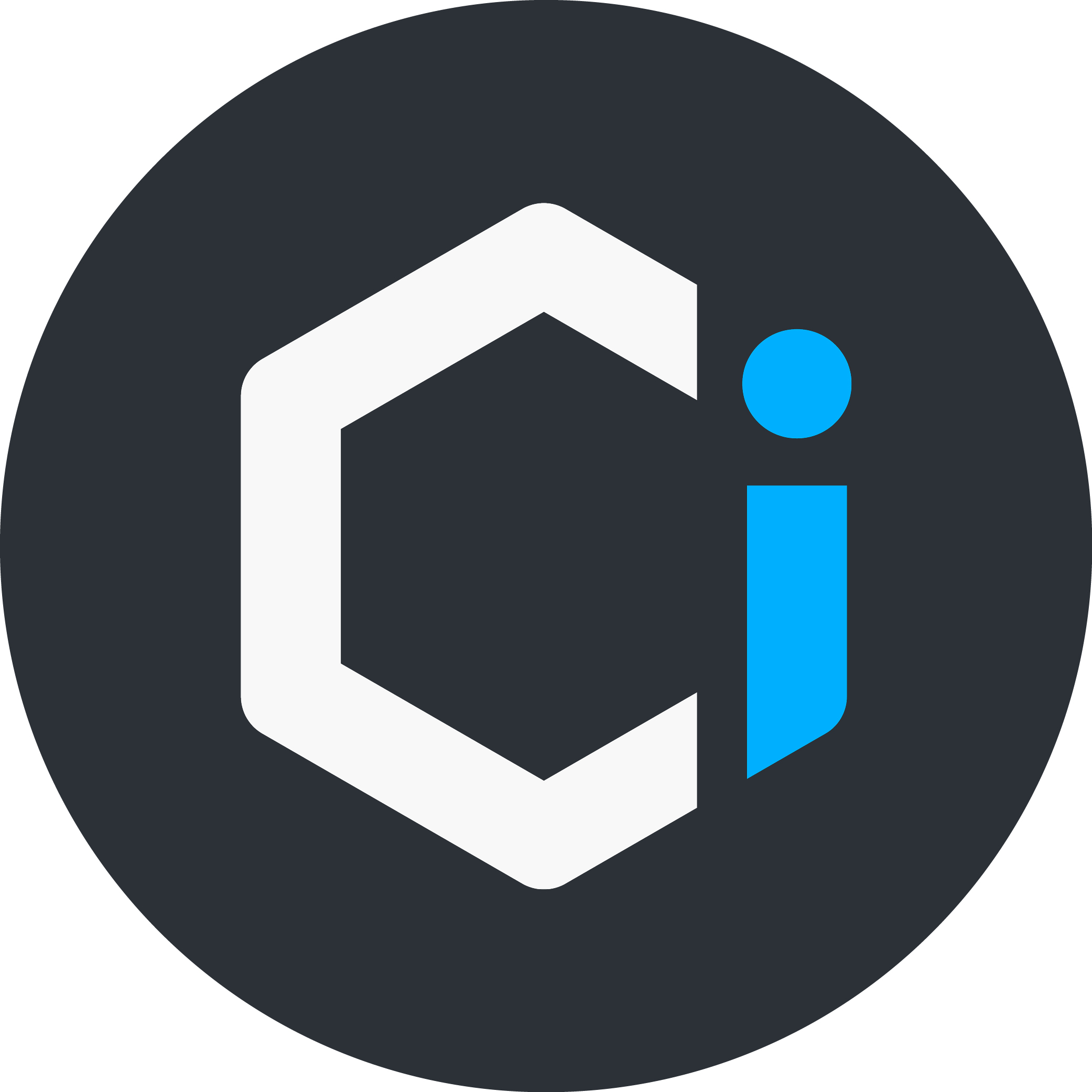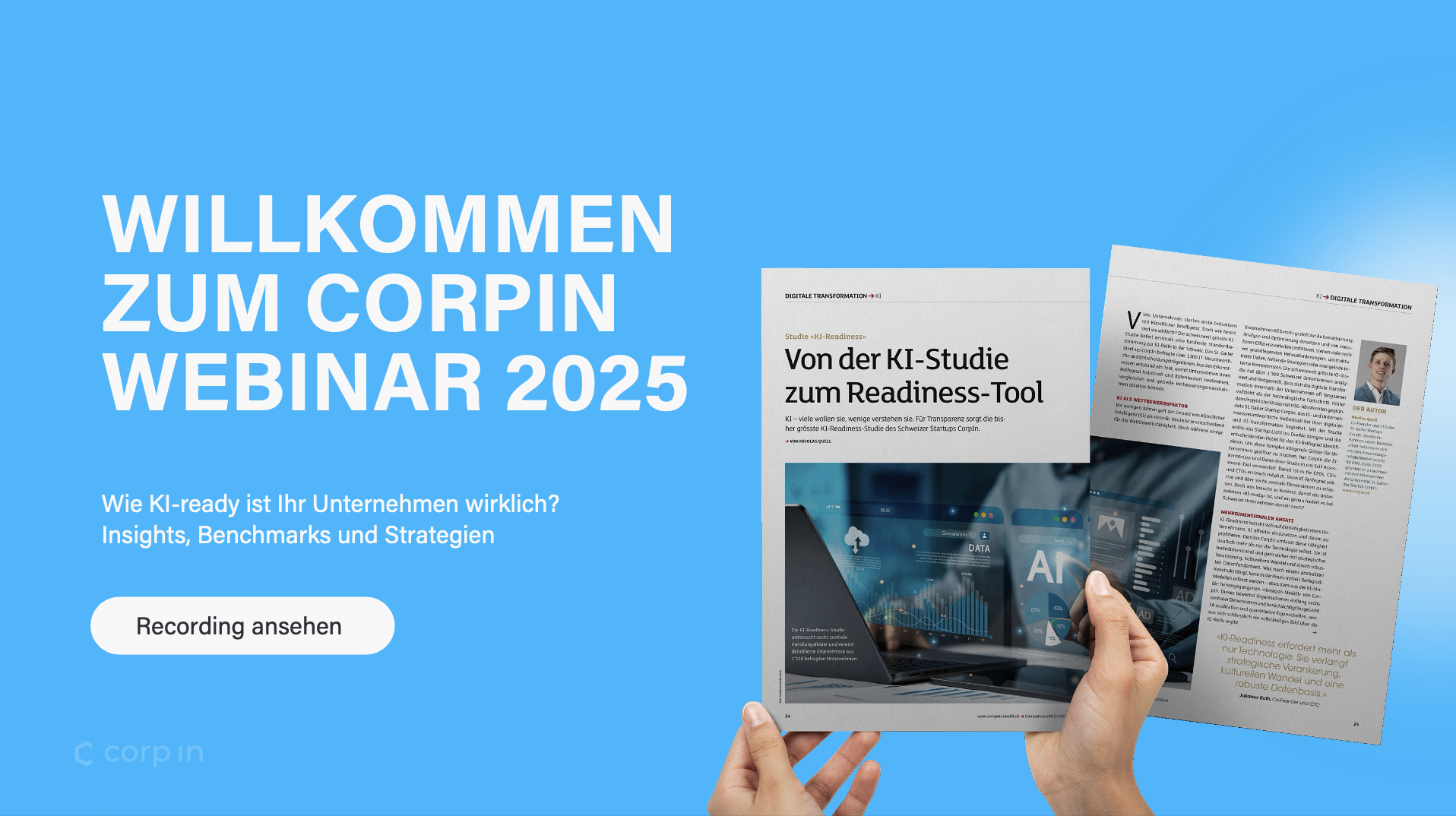Automated construction planning: how AI increases the efficiency and speed of projects

Authored by

November 1, 2024
In the construction industry, time and efficiency are crucial factors that determine the success or failure of a project. Artificial intelligence (AI) is changing the way construction projects are planned and executed and offers an opportunity to fundamentally increase productivity in the industry. Automated construction planning through AI enables companies to shorten construction times, use resources more efficiently and reduce costs at the same time. In this article, we look at how AI-powered automation is transforming the construction process and the benefits this technology offers companies.
Overview of current trends in automated construction planning with AI
The construction industry is facing a digital transformation that is being accelerated by technologies such as building information modeling (BIM), machine learning and artificial intelligence. Traditional planning processes, which are often associated with a high level of manual effort, can be made more efficient and precise thanks to AI.
Building Information Modeling (BIM), which is already being used in many construction projects, combines digital planning methods with AI, enabling comprehensive analysis and visualization of buildings and structures. BIM models make it easier to identify collisions between different building elements at an early stage, which reduces planning errors and shortens construction times. Machine learning also plays a central role by analyzing past construction projects and deriving patterns that can be used when planning new projects.
Another trend is the use of algorithms to optimize the use of space. These analyze how rooms can be used optimally and simulate different scenarios to find the most efficient solution. Thanks to AI, not only can time and costs be saved, but the requirements for sustainable construction can also be better taken into account. Overall, there is a clear trend towards digital and AI-supported planning methods that enable companies to work faster, more precisely and more cost-effectively.
Challenges and opportunities in AI-supported construction planning
The implementation of AI in construction planning is not without its challenges. Among the most important are:
1. high data requirements:
AI algorithms require large amounts of data in order to make accurate predictions. Construction companies must ensure that they have the necessary data and that it is available in a form that can be processed by machines. This often raises the question of the quality and consistency of the data, especially for older projects.
2. costs for technology and training:
The implementation of AI systems is initially associated with considerable costs. These include the purchase of software, the adaptation of the IT infrastructure and the training of employees. Many companies face the challenge of realistically estimating the cost-benefit ratio of AI implementation.
3. data protection and security concerns:
As AI relies on extensive data analysis, data protection issues can arise. Particularly in large projects involving various companies and suppliers, legal aspects of data protection must be clarified in order to protect sensitive information.
Opportunities through AI-supported construction planning, on the other hand:
1. increased efficiency and shorter construction times:
AI makes it possible to automate planning processes and identify potential sources of error at an early stage. This not only reduces error costs, but also significantly shortens construction times.
2. more precise resource planning:
By analyzing material quantities and personnel deployment, resources can be used optimally, which not only saves costs but also increases the sustainability of the construction project. Planning is optimized so that unnecessary waste is avoided and manpower can be deployed more efficiently.
3. better basis for decision-making:
AI-supported systems analyze countless data points and provide valuable insights that facilitate informed decision-making. This enables companies to identify potential problems in the planning phase and take appropriate countermeasures.
Practical solutions and strategies for overcoming the challenges
Companies can integrate the following strategies into their processes to master the challenges mentioned and make the most of the opportunities:
1. ensure data quality:
Companies should ensure that all relevant data is systematically recorded and maintained. A central database in which all project-relevant information is collated and regularly updated forms the basis for successful AI-supported construction planning.
2. cooperation with experts:
As getting started with AI-supported construction planning is a challenge for many companies, it is advisable to work with specialized providers. In this way, companies can ensure that the implementation runs smoothly and the best possible results are achieved.
3. iterative introduction of AI solutions:
Instead of converting all processes at once, companies can first have individual task areas supported by AI. This step-by-step approach allows AI solutions to be tested and adjustments to be made if necessary before the systems are rolled out to all areas.
4. training for employees:
Acceptance and understanding of the new technologies are crucial for the success of AI-based construction planning. Companies should therefore offer regular training to familiarize their employees with the systems and ensure that they can use the full potential of AI solutions.
5. take data protection precautions:
In order to meet data protection requirements, companies should clearly define which data is used for AI-supported planning and how it is protected. Transparent handling of data creates trust and minimizes legal risks.
How CorpIn supports companies with AI-supported construction planning
CorpIn offers comprehensive solutions for implementing AI in construction planning and supports companies in transforming their processes. Our approach begins with a detailed analysis of the existing workflow and the identification of optimization potential through the use of AI.
Another important element of our work is training and advising our customers. CorpIn attaches great importance to ensuring that companies and their employees understand how the new systems work and can use them effectively. Our experts are available throughout the implementation phase and support the transition to digitalized construction planning. This comprehensive support enables companies to take full advantage of the benefits of AI and achieve long-term success.
Conclusion
The automation of construction planning through artificial intelligence represents a significant development in the construction industry. AI enables companies to make their planning processes more efficient, minimize errors and shorten construction times. This not only brings economic benefits, but also promotes sustainable construction projects, as resources are used optimally and waste is reduced.
CorpIn supports companies in this area with customized solutions that are tailored to the specific needs and goals of customers. By combining expertise in AI and deep industry knowledge, CorpIn offers a comprehensive strategy to optimize construction planning. Take advantage of the potential of AI and rely on forward-looking construction planning that makes your projects faster and more efficient.
The content of this article may have been improved with the help of artificial intelligence. Therefore, we cannot guarantee that all information is complete and error-free.




